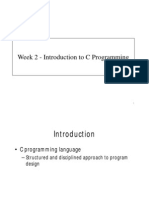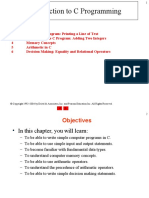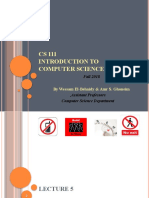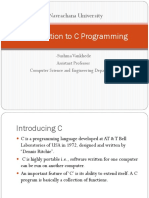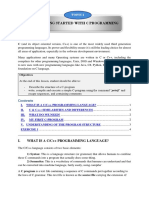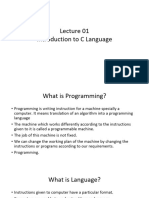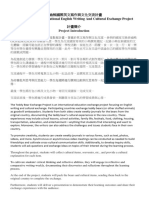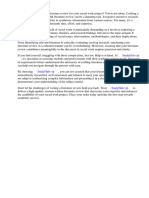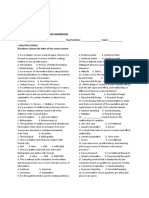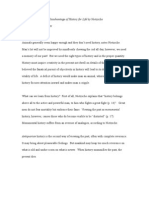0% found this document useful (0 votes)
53 views78 pages01 Intro To C Short
This document provides an introduction to programming in C, including:
- An overview of C and its strengths as a programming language.
- Comparisons between C and C++, noting similarities but also key differences like C++'s support for object-oriented programming and exceptions.
- Explanations and examples of simple C programs, including printing text, getting input, and performing arithmetic operations. Concepts covered include functions, variables, data types, and control flow.
Uploaded by
Ziyue TaoCopyright
© © All Rights Reserved
We take content rights seriously. If you suspect this is your content, claim it here.
Available Formats
Download as PDF, TXT or read online on Scribd
0% found this document useful (0 votes)
53 views78 pages01 Intro To C Short
This document provides an introduction to programming in C, including:
- An overview of C and its strengths as a programming language.
- Comparisons between C and C++, noting similarities but also key differences like C++'s support for object-oriented programming and exceptions.
- Explanations and examples of simple C programs, including printing text, getting input, and performing arithmetic operations. Concepts covered include functions, variables, data types, and control flow.
Uploaded by
Ziyue TaoCopyright
© © All Rights Reserved
We take content rights seriously. If you suspect this is your content, claim it here.
Available Formats
Download as PDF, TXT or read online on Scribd
/ 78




